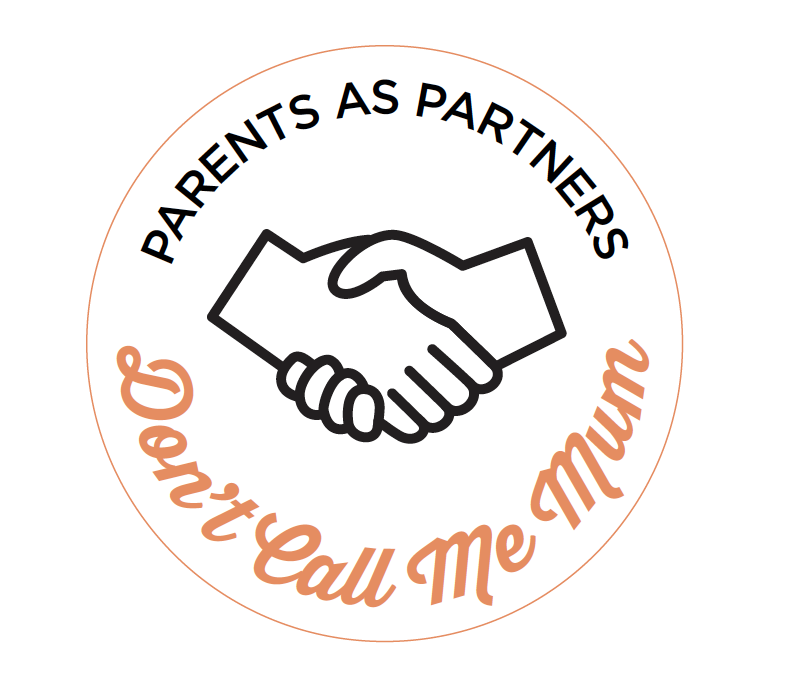Identity

Sharon F
I'm Sharon, I have a daughter with epilepsy and a severe learning disability. I blog about our livewire life.

When it is established that your child is disabled and you find yourself being promoted from parent to ‘parent carer’ (a promotion no one asks for), it can, alarmingly quickly, feel like your sense of identity starts to erode.
This can often start with medical professionals, where these relative strangers may start referring to you as ‘mum’ or ‘dad’. This phenomenon has presumably become commonplace as it saves under-pressure medical staff from having to remember more names than they need to.
Many parents without disabled children may experience this from time to time, at a quick GP check or occasional hospital visit, but parent carers may find themselves being referred to as mum or dad multiple times a week by different professionals, verbally and in writing. Some parent carers are unbothered by this, and for others it painfully jars. There is even a campaign called Don’t Call me Mum.
Identity
In a situation where there is no time to get to know the name of a child, for example when paramedics are attending to my daughter having a seizure, it's entirely understandable that they’d call the parents or carers by a generic name.
I can also understand it when having a conversation with the child present, to make everything seem a bit less formal. When we are on a high dependency unit for a week with a one-to-one nurse, I want to be addressed by my first name. As I want to be by consultants and nurses that we have worked with for years and other professionals that are not responding in an emergency. Our brilliant core team quickly started using our names from the outset, and of course still do.
When I am called mum however, the issue is not simply about how it feels to have my identity diminished, but the agency it subtly robs me of. It makes me feel patronised and, particularly in decision-making discussions, I do not feel as if I am being seen as an equal partner and it doesn’t feel collaborative.
I feel I have a lot less power when being referred to as ‘mum’ than by my name.
In my experience as a parent carer, I have to actively work to maintain my own identity. This can mean pushing back on medical appointments which are given with little notice (as it is assumed I do not work); pursuing my career; and building relationships with my daughter’s team that feel professional.
I know professionals have a lot on their plate. I know that not everyone is bothered by this, but many are, and this is one small change that can have a bigger impact than it may seem.


